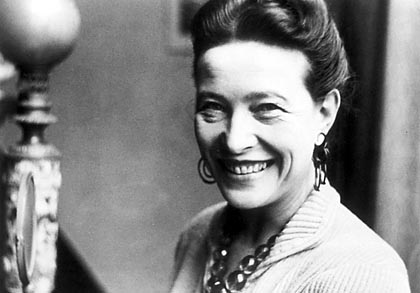Simone De Beauvoir, the historical perspective that inspired the feminist struggle
On January 9, 1908, Simone de Beauvoir was born, French writer, philosopher, and feminist, a fighter for women's rights. Her book "The Second Sex", published in 1949, is the most important feminist essay of the 20th century.





